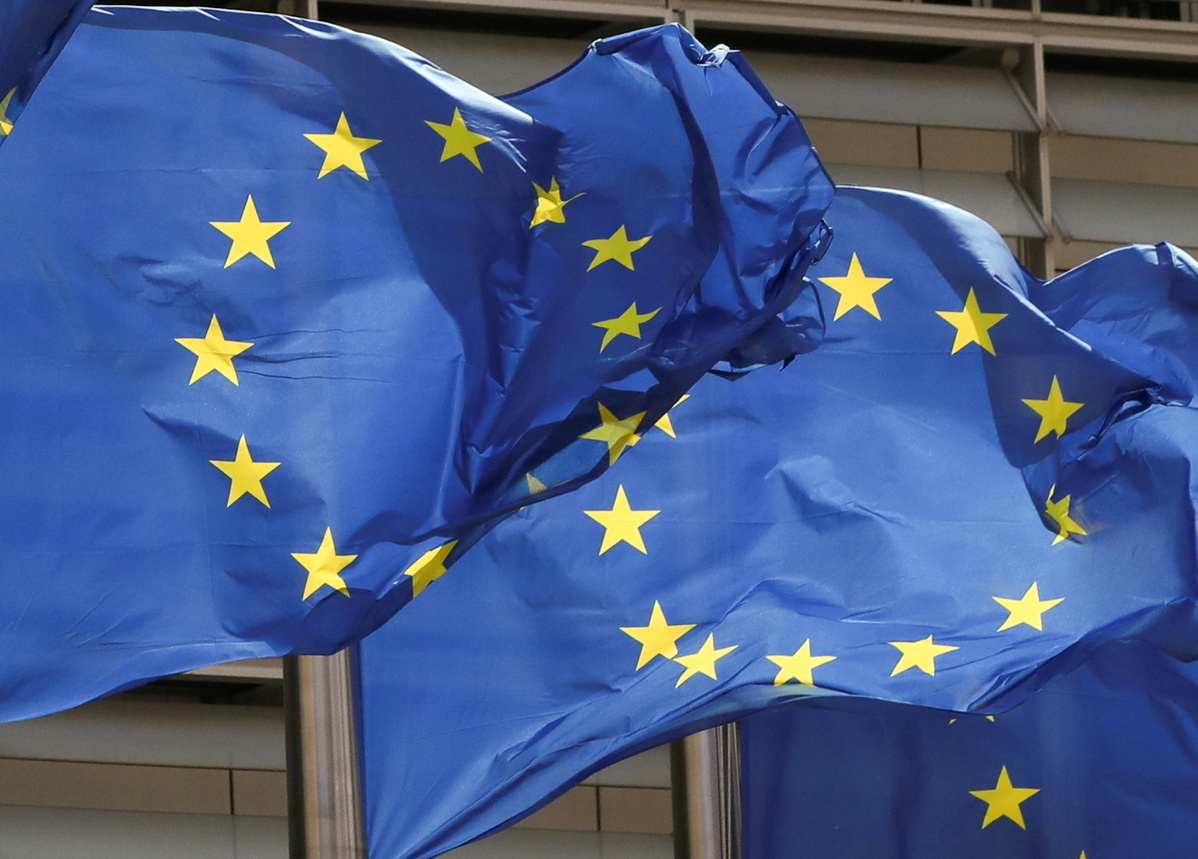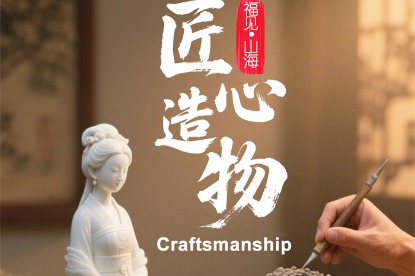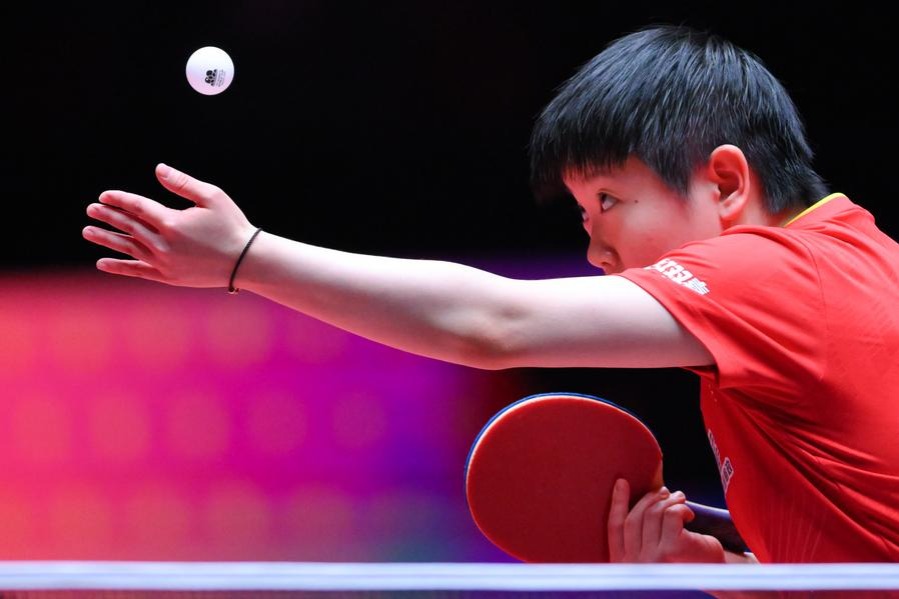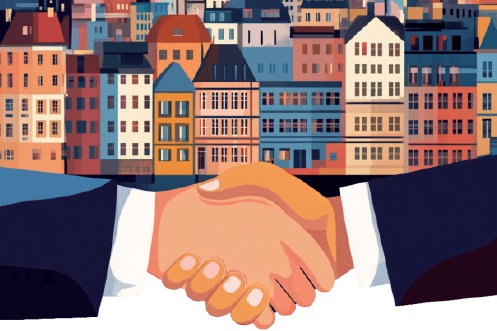White House should not expect the EU to roll over


While the warm welcome Italian Prime Minister Giorgia Meloni received at the White House on Thursday is a sign of the European Union and the United States hopefully easing tensions after their monthslong trade standoff, it would be a step too far to interpret the two sides' remarks or the agreements reached as Europe surrendering its interests to the US coercion.
Reports covering Meloni's meeting with the US leader indicate that although the Italian leader used the occasion to cast herself as the only European leader capable of de-escalating the US' confrontational stance toward Brussels, it was her US host opining that the EU needs to "get smart" on defense and migration and threatening to force a trade agreement if none is forthcoming.
It is widely considered that Meloni and US President Donald Trump are broadly aligned on the political spectrum and appear to have a cordial relationship, with both stressing national sovereignty, traditional values and anti-immigration policies. It's also a fact that Trump praised Meloni as "a great Prime Minister" and said she is "doing a fantastic job in Italy", but such remarks do not point to the EU sacrificing European interests under the coercion of the US.
In some sense, it is the US administration's temporary suspension of steep tariffs on EU exports for 90 days that has laid the basis for Meloni, or any other European leader, to visit the US, not vice versa. The widest consensus of European people and European political forces must be to serve European interests and defend European values, and a friendly, polite gesture doesn't mean compromising on that.
Trump has reportedly accepted an invitation to visit Italy, which, if realized, would be his first visit to Europe since taking office for a second time on Jan 20. In Europe he can expect a warm welcome, and possibly the deal that he expects to be "100 percent" reached, too, but he should not expect any deal to be made that serves US interests at the cost of European interests.
On Friday, the day after Meloni met Trump, Italian politician Brando Benifei, who as chair of the European Parliament's delegation for relations with the US, recently led a group to the US to meet members of the US Congress and others trying to ease the trade crisis, told the media that he is convinced that a deal will be reached because "the damage for both sides would be too high".
Benifei said: "Do not forget that the EU has a so-called Anti-Coercion Instrument that could be used to limit the economic presence of the US(in Europe) and badly damage many important US companies. They are scared that if there is no deal, the situation will be very damaging for them. I'm sure that pressure will make everyone more reasonable."
The EU is well-positioned to utter that "don't forget" to the US. The annual bilateral trade in goods between the EU and the US has exceeded $975 billion, and US imports from the EU — particularly in autos, pharmaceuticals, and machinery — play a big role in US supply chains. Crucially, the EU maintains strong trade ties with China, the Association of Southeast Asian Nations, the United Kingdom, and Japan, all of which share concerns over the protectionism of the US and would likely align with the EU in resisting it. This broad support network, paired with the EU's unified market strength, gives the bloc the leverage to push back in any tariff conflict.


































